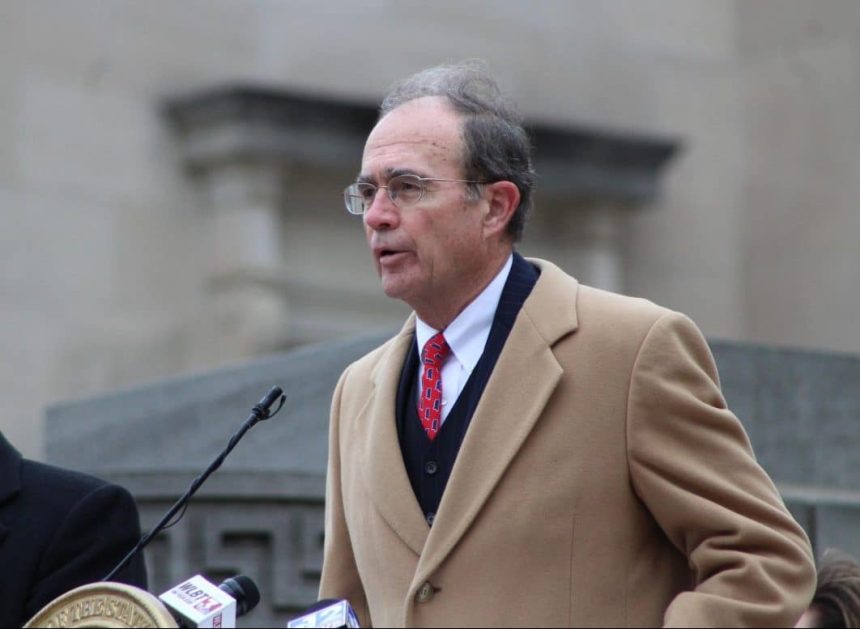Last week, a bill to eliminate the income tax in Mississippi passed the House of Representatives. After that, all eyes shifted across the building to the Senate where the bill faces its next hurdle. During a virtual press conference this afternoon, Lt. Governor Delbert Hosemann gave his thoughts on the legislation’s shortcomings.
While Hosemann has stated his support for the elimination of the income tax, he cited many “unintended consequences” that the ‘Mississippi Tax Freedom Act’ could bring along with it such as raising taxes on the state’s farmers & retirees and a net loss in revenue if projections aren’t met.

The income tax currently accounts for nearly 1/3 of the state budget at $1.9 billion. To recoup the lost revenue, the bill would raise the sales tax in Mississippi from 7% to 9.5% starting in 2022. Additional taxes would be placed on cigarettes, other tobacco products, alcohol, and other goods that are currently taxed at reduced rates.
Beginning in 2022, Mississippians making $50,000 or less—around 57% of state residents—would immediately be exempt from paying income tax and the remainder of the tax brackets would be gradually phased out. Additionally, HB 1439 would initially cut the state’s grocery tax from 7% to 4.5%. It would then drop to 3.5% by 2026.
The bill is currently awaiting a committee assignment in the Senate, and while it appears it will be discussed, the Lt. Governor expressed that changes must be made for it to have his support.
“I do not know that we will make it this year on this bill, whether or not there will be enough changes to it to make it through the Senate,” he said.
Hosemann also noted that no senators have expressed their desire to pass the bill at this point, which he says could be due to the fact that they’re still working through the 265-page bill.
“The Senate is not Nancy Pelosi. We don’t adopt it and figure out how it’s going to be after we read it, we actually read it in advance,” he quipped.
This morning, Speaker of the House Philip Gunn stated that there are less than 20-pages worth of changes to the existing tax code in the bill.
As for a timeline, there is a committee deadline that the bill must clear tomorrow, and assuming it does, the deadline for the Senate to take up the legislation is March 16th. Over the next two weeks, Hosemann stated that has requested the state economist to examine the bill.
“Clearly, the bill as written has many issues with it. I have concerns about raising anybody’s taxes,” Hosemann said looking ahead to the next step of the process,” he said.
Additionally, he questioned why the House hasn’t taken up the teacher pay raise initiated by the Senate and instead chose to include the matter in the tax bill. Furthermore, Hosemann expressed that educators have voiced concerns to his office about the bill.







